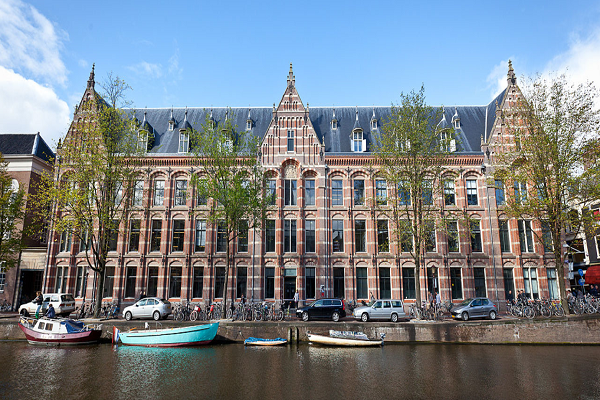University of Amsterdam: key elements for fair access to vaccines and medical products
Since 2020, governments worldwide have spent US$5.6 billion on COVID-19 research and development and US$45 billion on advanced purchase agreements for vaccines. Despite this, there has been no large-scale transfer of manufacturing know-how to help increase production and allow for more equal access to vaccines. As a result, large parts of the world have been left unprotected from the virus, allowing for the rise of new variants and prolonging the pandemic for everyone. The 194 member States of the WHO have therefore agreed to begin negotiations on an international instrument that would better position the world to prevent, respond and prepare for future pandemics (frequently called a ‘Pandemic Treaty’).
The key elements
The authors of the BMJ article recommend that a Pandemic Treaty ensures sufficient financing for biomedical research and development (R&D), creates conditions for the licensing of government-funded R&D, mandates technology transfer, ensures the sharing of the intellectual property, data and knowledge needed for the production and supply of vital products, and streamlines regulatory standards and procedures for the marketing of medical countermeasures. They also recommend that a Pandemic Treaty ensures greater transparency and inclusive governance of these systems.
Copyright: ja
The Covid-19 outbreak revealed stark disparities in global access to the vaccines and medicines needed in a pandemic. Our expert group has laid out seven key elements that Pandemic Treaty negotiators can address the major shortcomings in current international law and practices for fairly distributing medical products in a crisis. These seven recommendations are consistent with existing international law, with high-level political commitments, and with sound public health practice.
Katrina Perehudoff, lead author and assistant professor at the University of Amsterdam
The International Expert Working Group was convened by the NGOs Medicines Law & Policy, Knowledge Ecology International, and the Menorca School of Public Health in October 2021.

